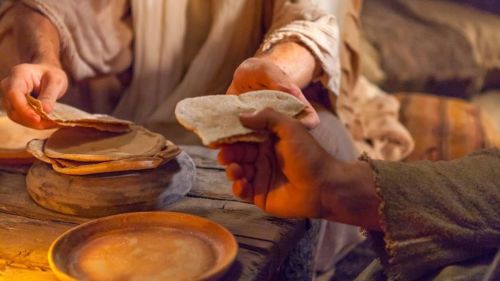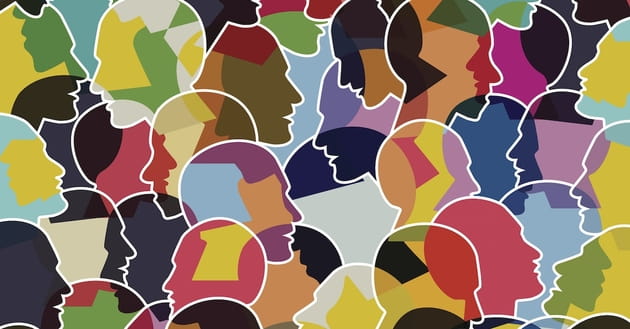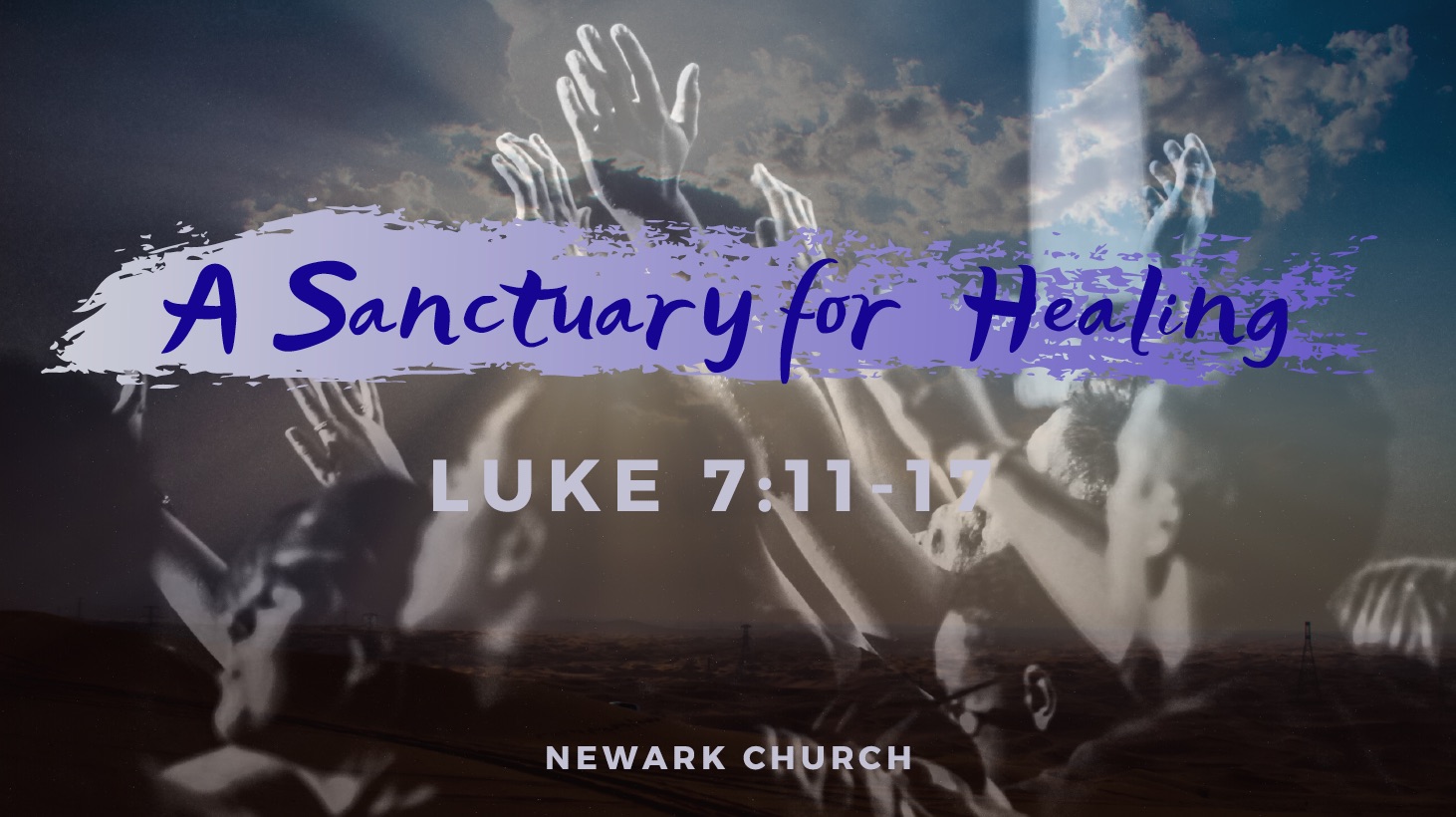A common practice among all congregations within the Stone-Campbell Restoration Movement is weekly participation in the Lord’s Supper.* Although once viewed simply as a doctrine that must be obeyed based upon one example of breaking bread on the first day of the week (Acts 20:7), many of our churches have rightfully moved beyond the legalistic approach.

That said, we still see the value in coming together to share in this Lord’s Supper or Eucharist meal. Accompanied by songs, prayers, and time spent in the Word through readings of Scripture and preaching, we still accept this invitation to gather together around the table of our Lord, Jesus Christ.
If we read through the gospels, particularly the Gospel of Luke, we see how Jesus created space for people at the table. From the religious authorities to his disciples and even the “sinners and tax-collectors,” Jesus welcomed all these people to fellowship with him. This hospitality was a way in which Jesus extended the grace of God to both Jews and Gentiles, which pointed to his own death and resurrection so that all might indeed share in this fellowship.
Two-thousand years later, some are still asking who gets to come to the Lord’s table? Behind the question is an awareness that not everyone shares the same beliefs on any number of different issues, some having to do with matters of Christian doctrine and others having to do with politics, social-cultural challenges, etc… It’s easy to start drawing lines of inclusion and exclusion. Interestingly, we tend to draw these lines so as to always include ourselves. As a result, we see division and wonder how we can build unity. It’s as if we believe that reconciliation is our work rather than what God has accomplished in Christ.
This is where we seem to miss what is happening at the Lord’s Table. When we receive the bread and wine that represents the body and blood of Jesus Christ, we are receiving the same bread and wine that Jesus served to his disciples. Jesus served Peter, who would deny knowing Jesus; and, Judas, who would betray Him. He served the other disciples also, who would all desert Him. Jesus extended his grace to all of his disciples without drawing any lines. What they did with his grace was in their hands, just as it is in ours too. Although Judas turned away from grace he received, the others didn’t and we know what they did with it because we are all beneficiaries of the way they extended the grace they received from Jesus.
So, when we receive the bread and wine, we are receiving the grace of God extended to us even though we too are sinners and are undeserving of such fellowship. Because of that, rather than drawing lines, we can and must extend that grace to others regardless. Such fellowship, and the unity it expresses, is the gracious hospitality of welcoming others without distinction. But this oneness is not something we do as though we are manufacturing reconciliation and unity ourselves. As it was when Jesus first invited his disciples to receive the bread and wine, this is the grace of God that we receive and therefore that which we extend — fellowship in Christ.
* This blog post originally appeared as a small article on the Common Grounds Unity website, published on November 28, 2020.





